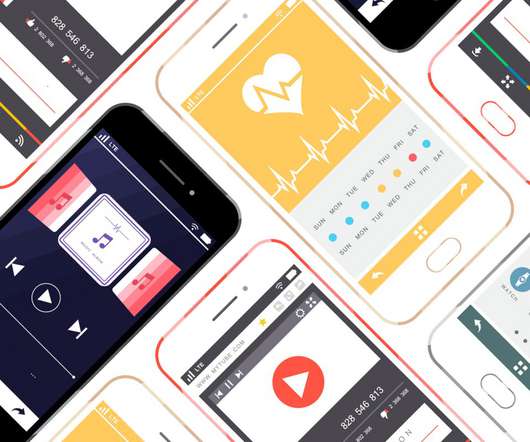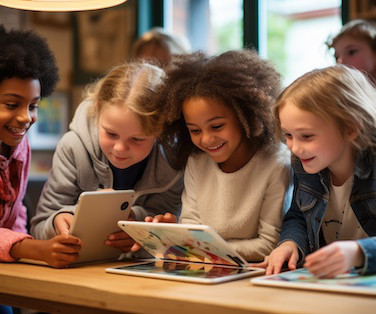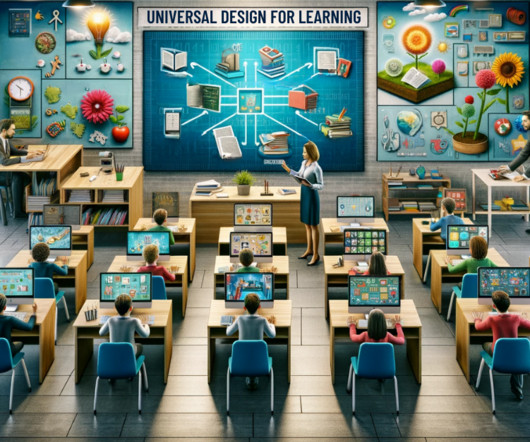Students Today Are Learning All The Time. Can Schools Keep Up?
Edsurge
JANUARY 28, 2020
As it turns out, what students say they want from their school experience, or about learning in general, can be rather illuminating for those charged with teaching them. And we also talked about screen time, self-directed learning and why kids today don’t drust dot com domains. For students today, learning is a 24/7 enterprise.






















Let's personalize your content